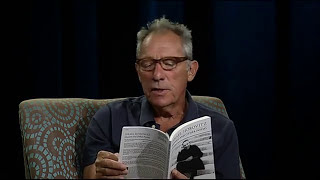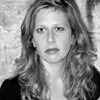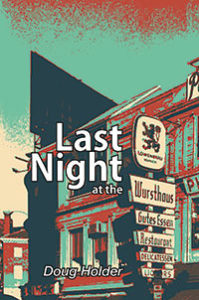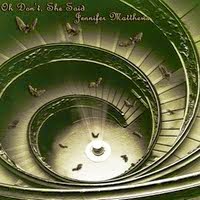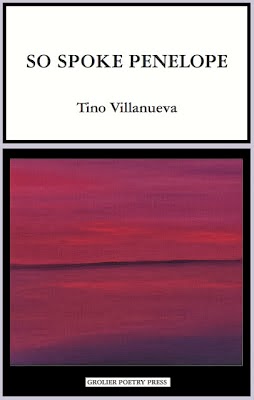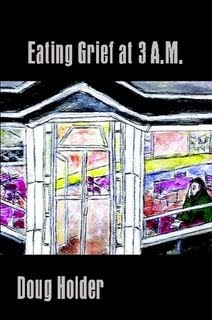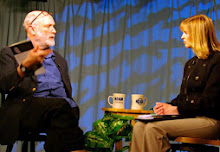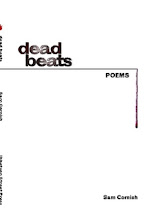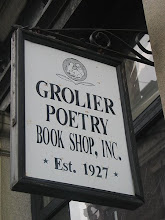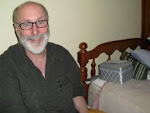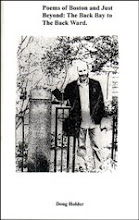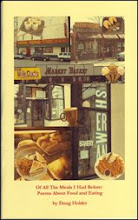
A Review of Arthur Winfield Knight's Chapbook: CHAMPAGNE DAWNS.”
by L. E. Bryan
In his opening poem, “A Simple Life,” Arthur Winfield Knight conveys an easy eloquence that threads its way throughout his latest chapbook, “Champagne Dawns.” His poetry transforms rituals and routine pleasures of everyday life such as walking his dog, Happy Hour at a local bar, or his wife bringing him coffee in bed into an equally relaxed and unadorned reality. Within that reality he also includes interweaving themes of love, desire and devotion. Knight welcomes the reader with understated words into an intimate world of joy and pain he shares with his wife and writing partner, Kit. Like scenery in a play, Knight's poetry is set against a West of the past and theever-changing West of today.
He evokes pain with casual lines in the poem, “FEBRUARY 1st, 12:01 A.M.”:“Thirty-eight years ago,/you were hit by a car/on a rainy January night./The doctors gave you a two percent chance/
to live.”
His poem, “ON THE ROAD, begins with a graphic leap into lust with the lines, “We don't make love/in Las Vegas,/ although I'm always hot on the road,” and halfway through the poem, “I have a hard-on/and the beginning/of a headache.”
Knight ends his chapbook by returning to its title, expressing love and devotion in the opening lines,
“I open a bottle of champagne/shortly before dawn./Kit and I drink it/from lead crystal glasses/as we watch the dark fade to amethyst.” He then closes both the poem and the book with acute observation: “Everything is different/but not much changes.”
Born in San Francisco, December 29, 1937, Arthur Winfield Knight grew up in Petaluma, California. He graduated from Santa Rosa Junior College with an A.A. Degree in 1958. While at San Francisco State College he received a B.A. in English in 1960, and an M.A. in Creative Writing in 1962. He taught English at University of Pennsylvania from 1966 to 1993. He also taught at San Francisco State University and has written for various California newspapers. On August 25, 19776, he married Kate Duell. They have a daughter.
Knight and his wife co-wrote, “A Marriage of Poets,”published in 1984. In his Western poetry chapbooks like, “Wanted!/Basically Tender,” “Outlaws,” and “Prairie Village, KS,” his novels, “Blue Skies Falling,” “Darkness Starts Up Where You Stand,” and “The Secret Life Of Jesse James,” also a nonfiction book titled “The Beat Vision,” as well as, his only play, “King Of The Beatniks,” Knight incorporates not only the West of today and yesterday, but, as its chronicler, the literary sensibilities of The Beat Movement, which had its Post-WW II beginnings during what was called the San Francisco Renaissance, and included writers such as Kenneth Rexroth, Jack Spicer, and Michael McClure.
Knight is currently adjunct professor at the University of San Francisco. He lives in Yerington, Nevada.






